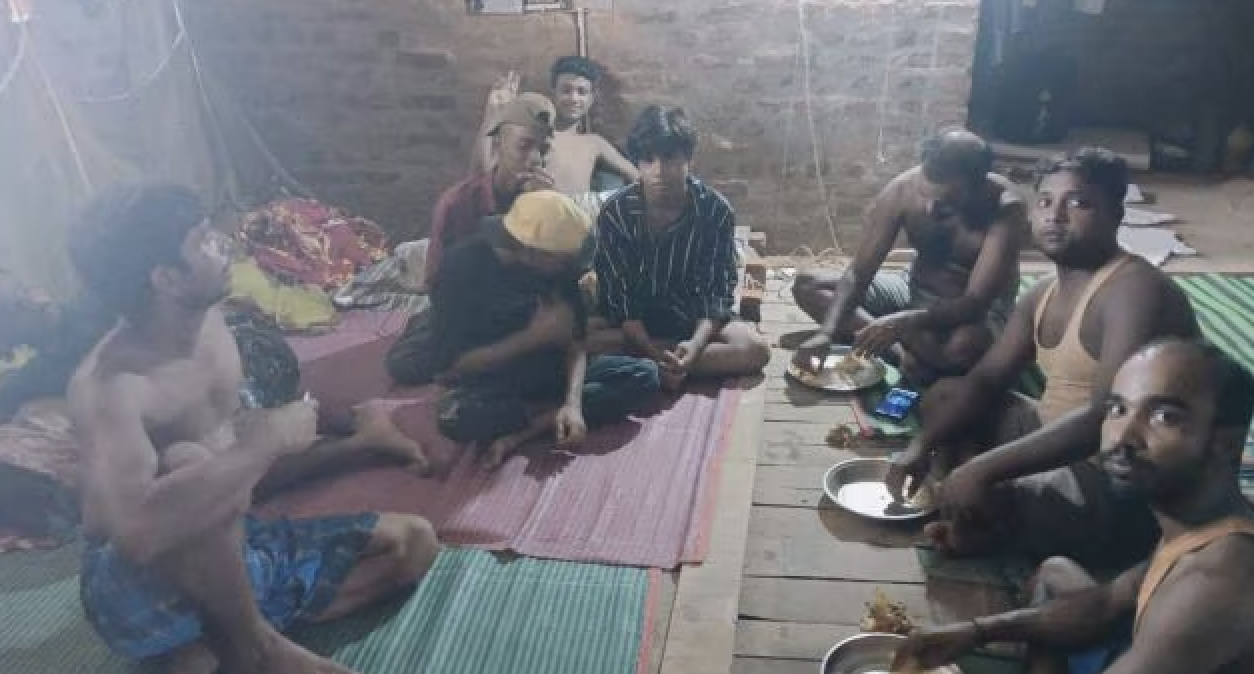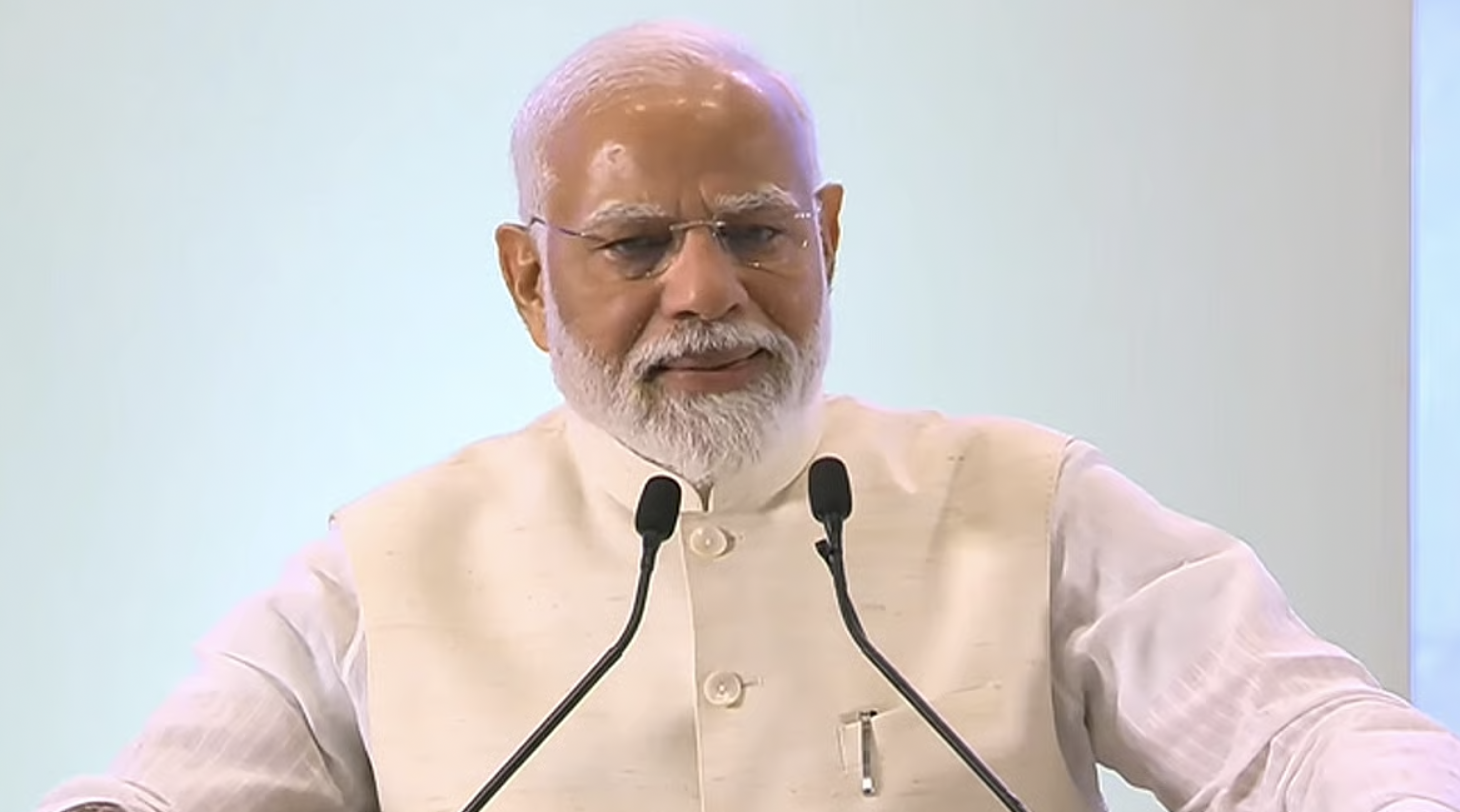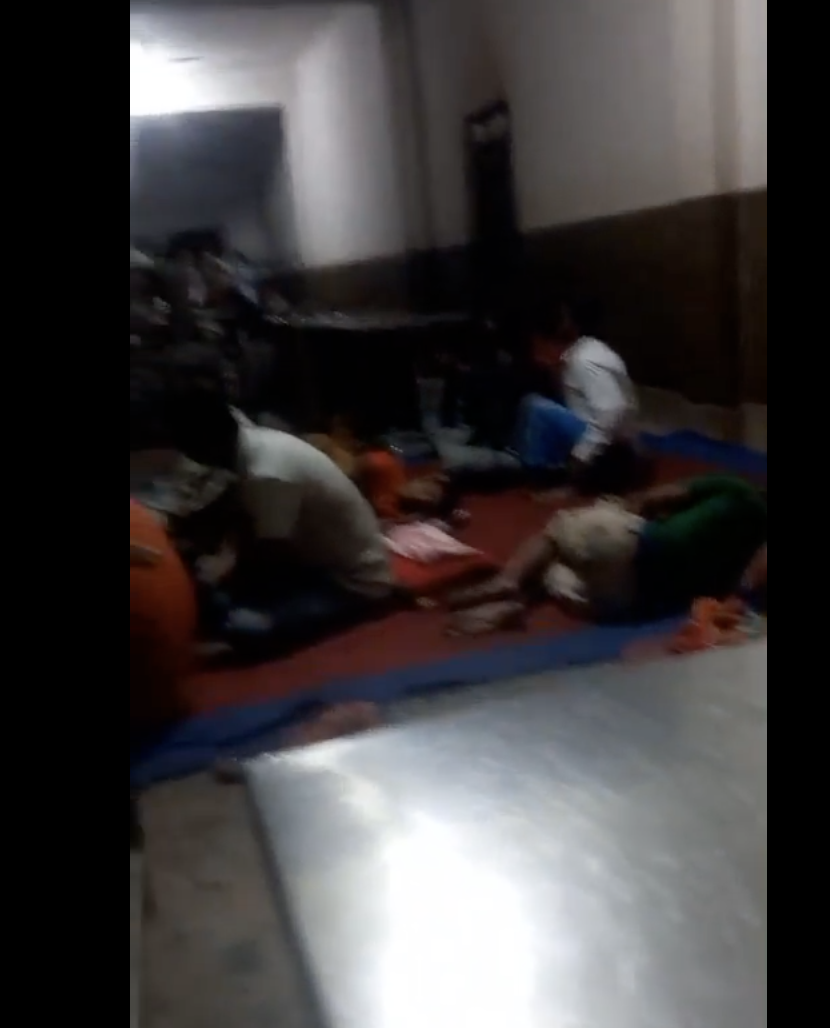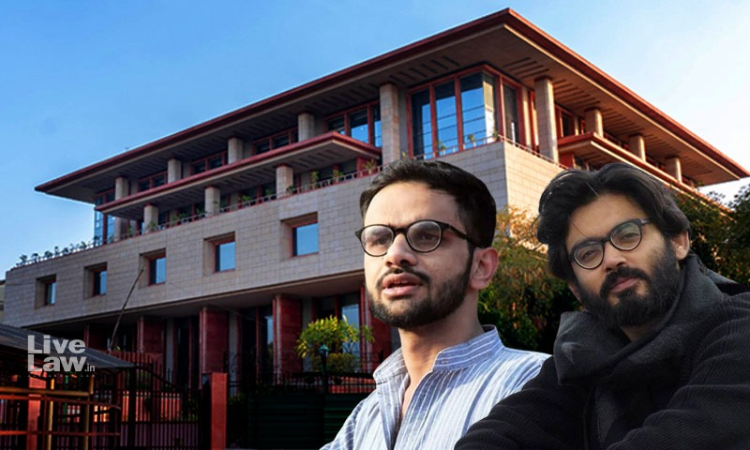
- A new study argues that the widespread stigmatization of people who contract the virus, marginalized racial and ethnic groups, healthcare workers, and police is making the COVID-19 pandemic in India even worse.
- People who are afraid of being attacked are going without medical treatment rather than choosing to expose themselves to the stigma. This is leading to further infections.
- The study, from Monash University in Melbourne, Australia, finds that having access to accurate healthcare information can significantly reduce stigmatization.
The COVID-19 pandemic has been devastating in terms of loss of life. Now, a new study from Monash University explores one example of its social costs: the stigmatization of people who contract the virus and many other groups receiving blame for the spread of COVID-19 in India.
Lead study author Prof. Asad Islam, of the Monash Business School, says:
“We found that stigmatization of COVID-19 can have negative public health implications, as it may lead people to avoid getting tested and respecting prevention measures. This is essential if India is to get on top of [its current] second wave.”
Researchers from the Indian Institute of Technology Kanpur and the University of Southampton in the United Kingdom also contributed to the study.
The study findings now appear in the journal Social Science & Medicine.
The study authors write, “India is a very suitable country to examine our question, as there is an abundance of COVID-19 stigma and discrimination reports in the media, and a history of intense intergroup tension and exclusionary practices between religious groups and castes.”
The study took place in June 2020, during the country’s first wave of SARS-CoV2- infections. The country had 10 million cases of COVID-19, which SARS-CoV-2 causes, and 146,000 deaths by December 2020, according to the study.
The researchers found widespread stigmatization of people who contract the infection, marginalized groups, and doctors, and there were also reports of physical attacks on Muslims and healthcare workers.
India is currently in the midst of a deadly second wave, experiencing 267,334 new cases and 4,529 deaths daily. This information is correct at the time of publishing and comes from the latest data from the World Health Organization (WHO).
Prof. Islam says, “We believe the results are as relevant today, as widespread stigmatization is visible even during this wave.”
He adds, “Cases of stigmatization during the second wave have resulted in doctors being verbally abused and prevented from taking a lift in their own residential flat, old parents being abandoned, several patients fleeing medical facilities across the country, and dead bodies being dumped in rivers.”






